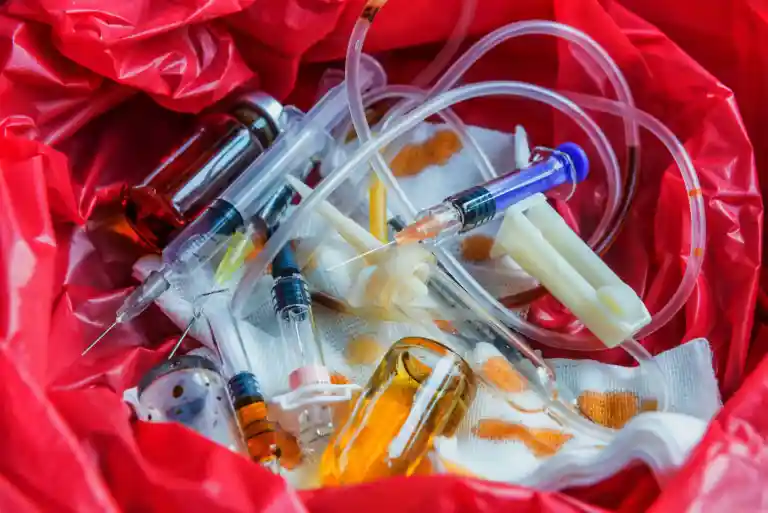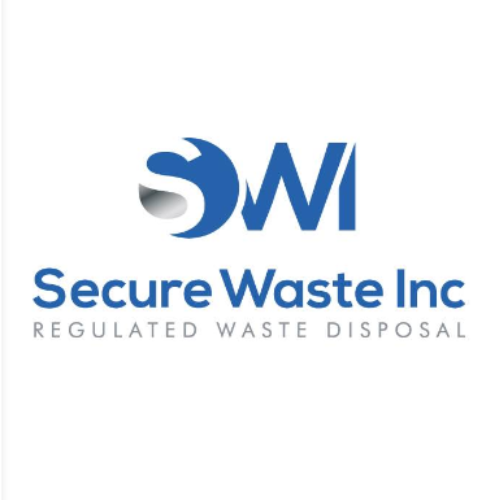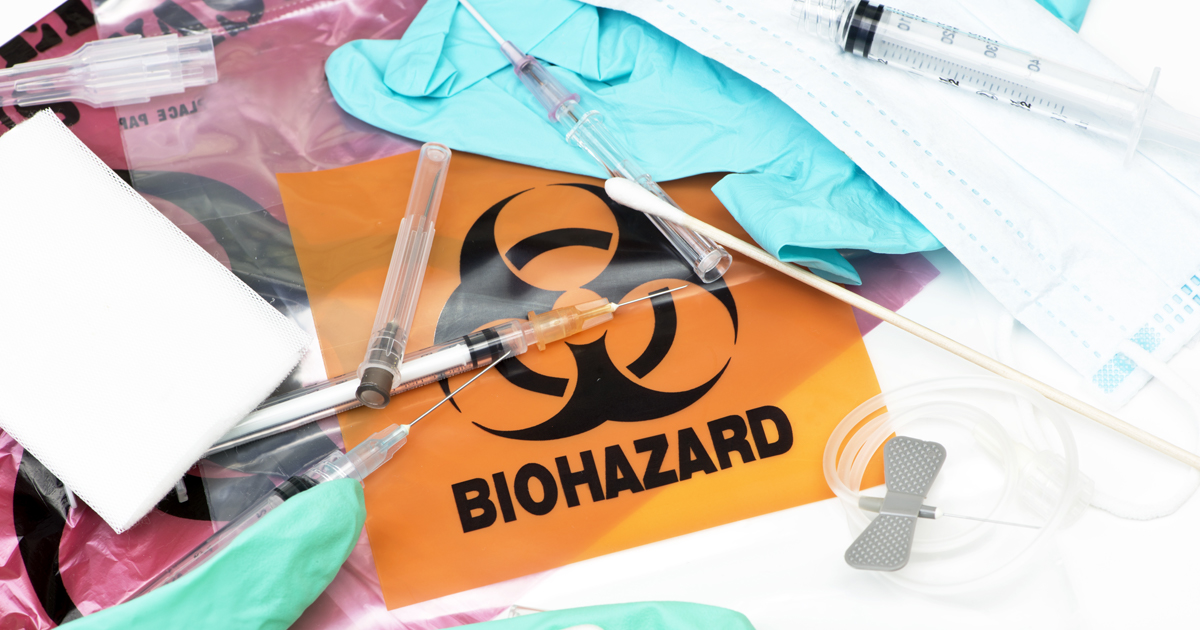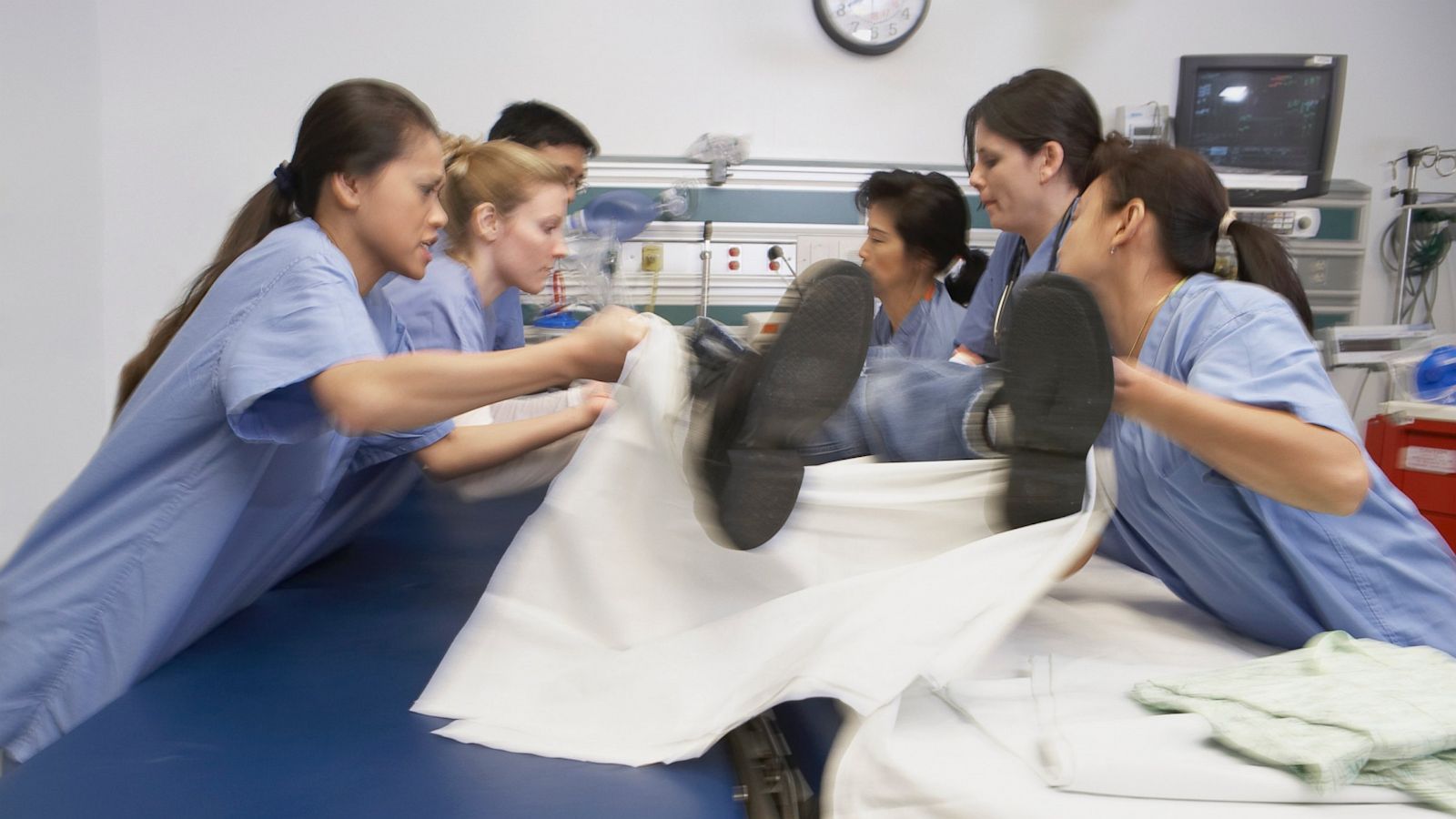Biomedical waste is a crucial category within biological waste, encompassing a subset range of materials that pose potential health risks. This type of waste encompasses items such as discarded syringes, contaminated gloves, and other medical supplies that require careful handling and disposal to protect public health and the environment.
Proper management of biomedical waste is essential to minimize the dangers associated with exposure or contamination.
- Pathological Waste: This encompasses human or animal body parts, tissues, organs, and biopsy samples. Such materials are typically collected during surgical procedures or post-mortem examinations and require specialized handling to prevent the transmission of disease.
- Anatomical Waste: Similar to pathological waste, anatomical waste refers specifically to identifiable human or animal parts, such as limbs or organs. The disposal of these materials must meet stringent regulations to prevent potential health hazards.
- Blood and Body Fluids: This category covers any liquid waste derived from humans or animals, including whole blood, blood-soaked materials, and other bodily fluids such as urine, saliva, and other secretions. These fluids can carry infectious diseases, so proper containment and disposal are critical.
- Contaminated Sharps: Items that can puncture or cut the skin, like used needles, syringes, scalpels, and razor blades, fall under this category. Due to their potential to cause infections, sharps must be disposed of in designated puncture-proof containers to ensure safety and prevent contamination.
- Cultures and Stocks: This includes laboratory cultures and stocks of infectious agents, which involve specimens collected for analysis or experimentation. These materials are often highly contagious and require careful handling to prevent laboratory-acquired infections.
- Contaminated Laboratory Materials: Any items that have come into direct contact with potentially infectious agents are considered biomedical waste. This can include, but is not limited to, gloves, gauze, petri dishes, and other laboratory equipment used in tests and procedures.
- Other Contaminated Waste: This broader category may encompass used personal protective equipment (PPE), absorbent materials saturated with blood or bodily fluids, and specific types of animal waste generated during research activities. Proper disposal of these items is essential to maintain safety and hygiene standards.

In the realm of healthcare, ensuring the safety and well-being of patients, staff, and the community is paramount. One often-overlooked aspect is the proper disposal of biomedical waste.
This responsibility extends beyond merely maintaining a clean environment; it is a crucial component of public health safeguarding and environmental protection. Biomedical waste, including contaminated gloves, needles, and other hazardous materials, can cause severe health risks if not managed appropriately. Improper disposal can result in infections, environmental contamination, and the potential spread of infectious diseases.
Therefore, implementing a robust biomedical waste disposal system is not only a regulatory requirement but also an ethical responsibility that every healthcare facility must uphold. Prioritizing effective waste management practices is essential to protect our communities, build trust in healthcare institutions, and ensure the preservation of our planet for future generations.
By shining a spotlight on the importance of responsible biomedical waste disposal, we can collaboratively work towards creating a healthier and safer environment for everyone. It is a shared responsibility that requires awareness, proper training, and commitment from all stakeholders in the healthcare sector.

Expert Medical Waste Management: With over 25 years of industry experience, Secure Waste is a trusted local leader in hazardous and biohazardous waste disposal across Maryland, Virginia, and Washington, D.C. Specializing in medical waste management, sharps needle disposal, and biohazard waste removal, the company ensures full compliance with federal, state, and local regulations while prioritizing environmental sustainability.
The company also offers additional services, including secure document shredding and sharps container sales, providing comprehensive solutions for healthcare facilities and businesses. Our cost-effective services help clients maintain regulatory compliance without unexpected costs.
With a commitment to customer satisfaction, Secure Waste offers tailored waste management plans that align with industry best practices. Their team of experts provides reliable, timely, and compliant services, making them the preferred choice for medical waste disposal. For a free waste quote or more information, visit www.securewaste.net






